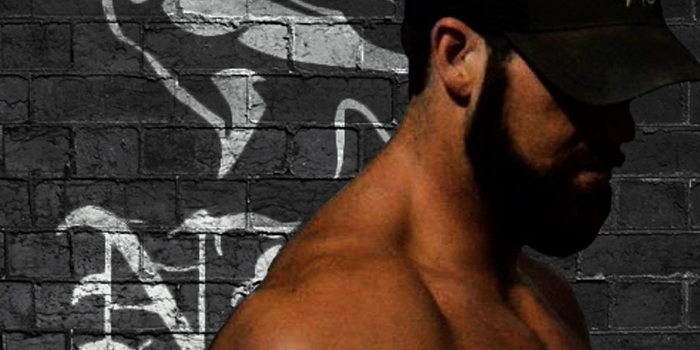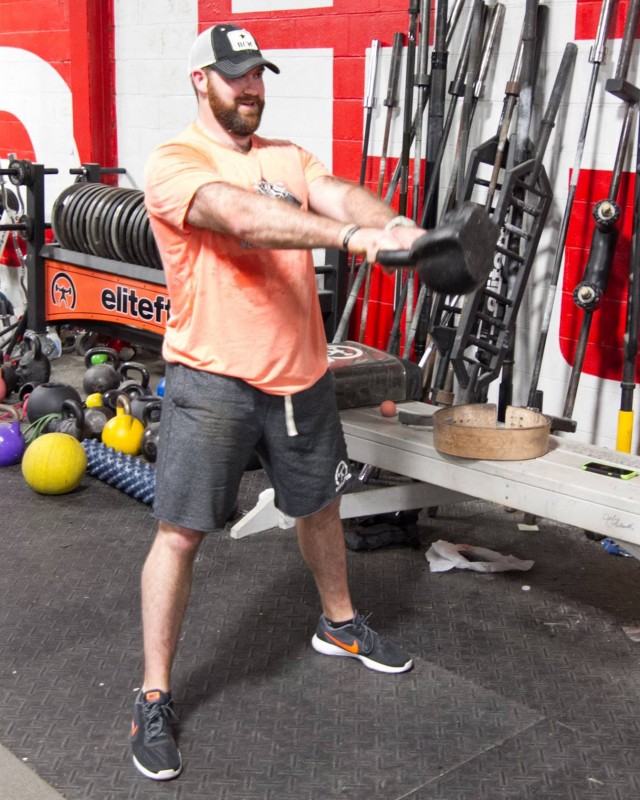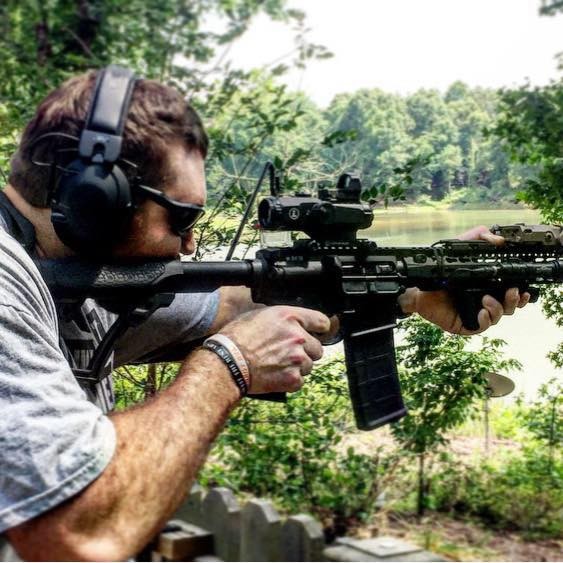
I have been playing competitive sports since I was 13 years old. It started with competitive baseball and hockey, which turned into playing baseball and football in high school, which turned into playing football in college, which turned into competing in olympic lifting, then powerlifting, then bodybuilding, then strongman, then back to powerlifting. Every day revolved around training, eating for training, recovering from training, and planning for the next competition. Last year I had to take a break from the competitive side. I was having issues with my health, was feeling like crap, was in pain all the time, and was trying to start a family. So I put the breaks on competing and switched gears to trying to be healthy and feel good (it sounds so boring to say it). Even though I’m not competing at the moment, I still like setting goals for myself and I figured that these might be helpful for any of you ex-competitive athletes as well.
Performance Goals
It is very difficult to get under a barbell and train with weights far below what you know you used to be able to lift. This can be discouraging and has a tendency to make you just want to say screw it. So instead of setting only strength goals, I tried to set some performance goals across a bunch of different fitness capacities. I figured if I can’t be as strong as I was, I can at least be stronger than average and pretty good at a bunch of other stuff as well. Plus, developing a more well-rounded fitness plan would help me reach my main goals, which were to lose weight, feel good, and be healthy. Here are my current goals:
Strength
- 2x Bodyweight Squat
- 2x Bodyweight Deadlift
- 1.5x Bodyweight Bench
Power
- 1x Bodyweight Snatch
- 1.25x Bodyweight Clean and Jerk
Strength Endurance
- Max Push-Ups — 100 Reps in 2 minutes
- Max Sit-Ups — 100 Reps in 2 minutes
- Dead Hang Pull-Ups — 20 reps
Endurance
- 2000-Meter Row — Under 7 minutes
- 5000-Meter Row — Under 20 minutes
- Mile Run — Under 7 minutes
- Half Marathon — Under 2 hours
None of these are world-class numbers by any means, but they’re all numbers I feel like I can hit and maintain without having to sacrifice one or the other, and they're numbers that I can hit while training about an hour each day.
Nutrition Goals
I used to hate Sunday afternoons because they were always spent prepping meals. Instead of relaxing and spending time with my wife, family, or friends, I was spending it in the kitchen cooking and measuring out chicken and rice. I wanted to find a way to lose weight and eat healthy without sacrificing a ton of time in prep or the ability to have some variation in my diet. After just continuing to prep and eat the same way (and just decreasing my calories), I decided to try keto for a couple months. I lost a lot of weight and it worked well but I couldn’t train the way I wanted to train without any carbs. After some trial and error, my current “system” of nutrition meets my needs quite well.
I eat four meals throughout the day with meat and fat. I vary the meat quite often and try different forms of cooking each time. I’ll deep fry a turkey, do a venison roast, cook barbecue pork loin, bake salmon, cook some Nashville hot chicken thighs, etc. I try to attempt a new meat, cooking method, or seasoning each time, which gives me variety in my food and also makes the cooking process more enjoyable. I don’t worry about the fat content in the meat. It gets varied quite often, the fat helps me stay satiated and have energy all day, and it doesn’t affect my weight.
For one of those meals I have a giant serving of vegetables, which I vary each time. For another I have a serving or two of fruit. For the third I have a serving of Greek yogurt prior to training. Then my fifth meal when I get home is typically six eggs with cheese over white rice, but for this meal I allow myself to have some variation if I want, which may be a beer, some Cinnamon Toast Crunch, or going out to grab something with my wife or friends. On the weekends I’ll have breakfast and then fast until dinner. We typically eat out on the weekends and this keeps my weight from going up over that time. I’ve found this method of eating helps me feel good and have energy while still being able to train hard, without requiring a ton of restrictions or large time and energy commitments in the preparation of the food.
Other Goals
The biggest change I’ve tried to make over this last year is ensuring that my identity is in something other than being just a lifter. I think it’s good to take pride in your training and your performance but I think social media has made many people vulnerable to the need for public attention in response to their lifestyle. I don’t think anyone’s self-worth should be tied to the number of likes they get from posting a training video or a picture of them posing. Since January I always ask myself prior to posting anything, “Am I posting this because it will be helpful or enjoyable for someone else, or am I posting it to feel good about myself?” I’ve also tried to actively pursue activities that I’ve previously enjoyed or have a new interest in but didn’t have the time or energy for when I was competing. For me this has been shooting, hunting, camping, hiking, raising chickens, podcasting, and a few other activities. These have allowed me to be present and enjoy whatever activity I am currently doing or person I am currently with, without being distracted.
I am still a very competitive person and I know I will compete in iron sports again. But for now, I have to pursue competition in places other than the platform or the stage. Still, health and fitness is a huge part of my life and I had to change up how I did things a bit to match my new goals. This new way of thinking and goal setting has made the transition enjoyable for me. For anyone going through the same thing, I hope it will help you as well.












